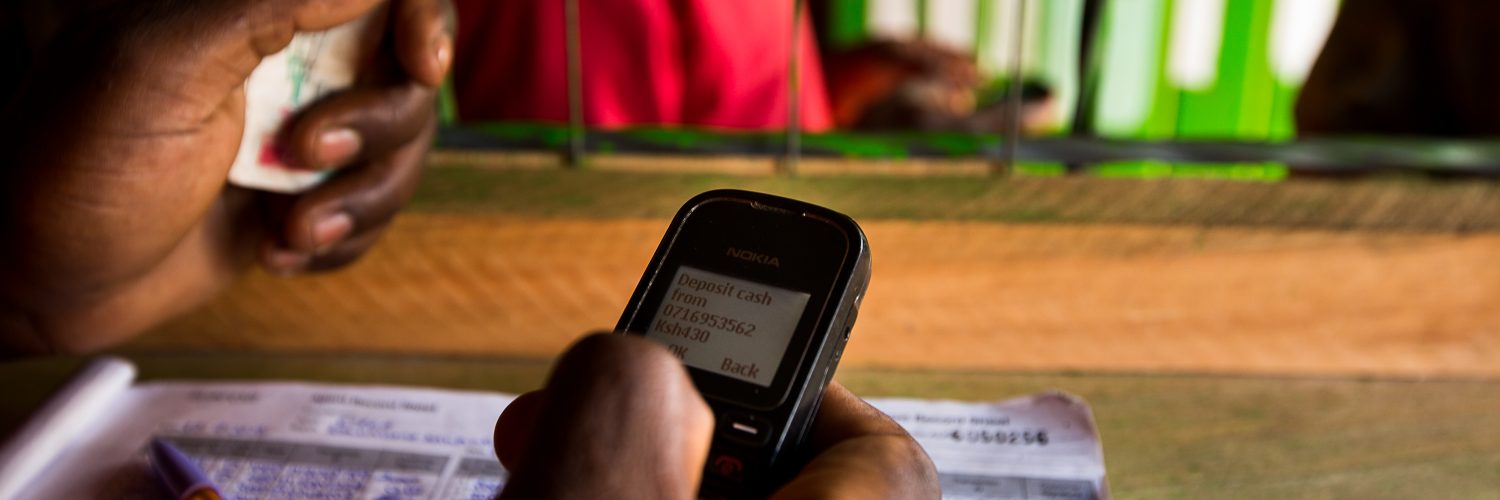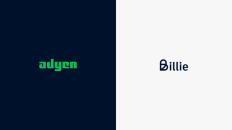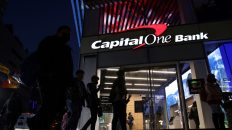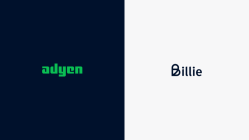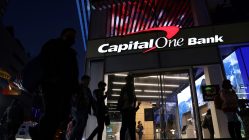A coalition of nonprofits and tech companies including Google and the Bill and Melinda Gates Foundation want to repeat those outcomes worldwide by making it easier for developing countries to build real-time digital payments systems. On Wednesday, they announced the formation of the Mojaloop Foundation, which will develop and promote a free, open-source real-time payments platform intended for nations and central banks. The Mojaloop Foundation’s founding sponsors also include the Rockefeller Foundation, the philanthropy and investing group Omidyar Network, and the financial technology startups Coil and ModusBox.
Fortune , May 6, 2020 6:30 PM GMT+5:30
Google and Gates Foundation to help spread digital payments in developing countries
For more than a decade, Kenyans from the bustling capital of Nairobi to far-flung farms have had access to a digital payments service that was ahead of its time. M-Pesa, introduced in 2007 by Vodafone and Kenya’s Safaricom mobile provider, lets users send and receive money on their mobile phones, providing bank-like services for millions who had relied on cash and informal networks.
By 2012, Kenyans had registered 17 million accounts. And by making saving easier and small businesses more efficient, M-Pesa had helped lift 194,000 Kenyan households out of poverty, a study in 2016 concluded.
Now, a coalition of nonprofits and tech companies including Google and the Bill and Melinda Gates Foundation want to repeat those outcomes worldwide by making it easier for developing countries to build real-time digital payments systems. On Wednesday, they announced the formation of the Mojaloop Foundation, which will develop and promote a free, open-source real-time payments platform intended for nations and central banks. The Mojaloop Foundation’s founding sponsors also include the Rockefeller Foundation, the philanthropy and investing group Omidyar Network, and the financial technology startups Coil and ModusBox.
The initiative would help tie together a growing array of digital financial services. M-Pesa, which has expanded from Kenya to countries including Ghana, Egypt, and India, has inspired hundreds of imitators worldwide. But these largely privately-run systems are fragmented.
“Systems [like M-Pesa] are silos,” says Kosta Peric, deputy director of financial services for the poor for the Gates Foundation. That can mean friction and high fees to transact between systems. “Imagine a mobile phone system where you can only talk to people connected to the same provider. It’s useful, but only so much.”
But national payments systems based on Mojaloop, as the new platform is called, may be even more beneficial because they would connect many different banking and payments systems. That could allow M-Pesa to interact seamlessly with other digital wallets, traditional bank accounts, or remittance services like Western Union, likely enhancing the value of existing payments services rather than competing with them.
Beyond individual impacts, expanded digital payments could also boost the global economy. A 2016 McKinsey study concluded that widespread and affordable digital finance tools could grow the economies of developing nations by 6%, or a total of $3.7 trillion, by 2025. That would be the equivalent of adding another Germany to the world economy.
Mojaloop is modeled on digital fast-payment systems such as the U.K.’s Faster Payments Service and Australia’s New Payments Platform. Building those systems, however, often involves big up-front technology development costs and politically difficult negotiations among a variety of players. Those challenges have slowed or stalled digital banking advances not just in developing countries, but even in the United States.
Mojaloop is meant to reduce such roadblocks by providing a standard digital-payments blueprint. The software, which is publicly available via Microsoft-owned software repository GitHub, includes a directory for identifying account holders, a transfer system for routing payments, and a clearing and settlement layer that transfers funds among users’ financial institutions. The routing system relies partly on a technology called Interledger that was originally developed by Ripple, a company that aims to use Bitcoin-derived blockchain technology to connect banks.
Providing that technology isn’t a magic bullet, though. Building systems also requires navigating national regulations, training staff, and making sure new financial tools are accessible to people who need them, according to ModusBox CEO David Wexler. So in addition to the software, the Mojaloop Foundation will connect experts with countries and development agencies to tackle problems and help guide government policies that promote privacy and other user-protection measures.
Mojaloop-based systems are intended to be hosted by each country’s governmental or financial authorities. But because they use a shared standard, Peric says the systems could eventually become interoperable across borders, further easing the global flow of funds.
Rodger Voorhies, president for global growth at the Gates Foundation, says the current pandemic shows how powerful expanding fast-payments infrastructure could be. “In times of crisis, [poor people are] pushed deeper into poverty.” That’s often answered by local and international charitable donations, but the coronavirus is disrupting international relief and conventional remittance payments.
But digital payments can rapidly deliver funds directly to people in need. “You [would] have a way for social engagement,” says Voorhies, “You could send money to protect people in times of crisis, really rapidly.”


